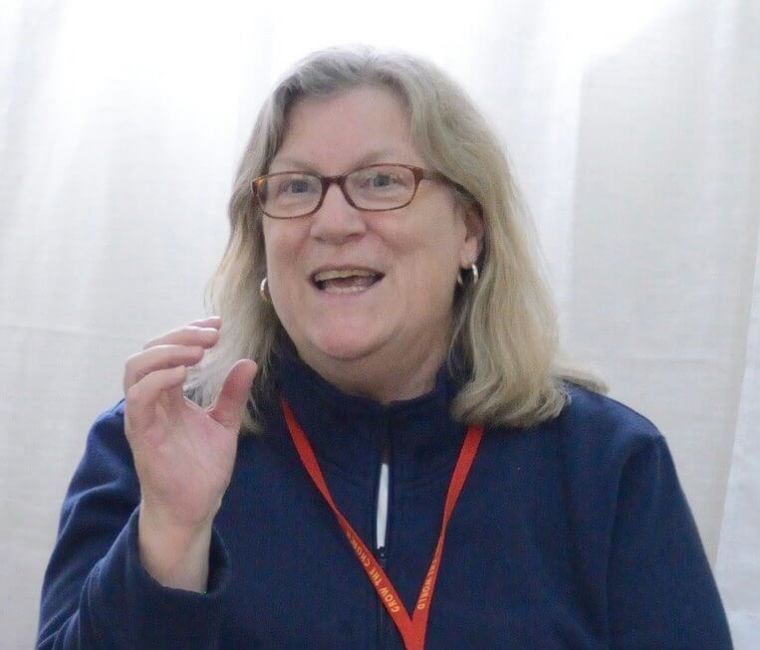Leading member of US Church pledges to continue Anglican Communion work

A leading cleric has pledged that the measures taken by Anglican Primates against The Episcopal Church because of its pro-gay doctrines will not stop the church working to feed the hungry and care for the sick across the world.
The Rev Gay Clark Jennings, President of The House of Deputies, was responding to the decision by the 39 Primates meeting in Canterbury this week to reduce The Episcopal Church's contribution to Anglican Communion affairs for three years.
The statement from the Primates says The Episcopal Church will "no longer represent us on ecumenical and interfaith bodies, should not be appointed or elected to an internal standing committee and that while participating in the internal bodies of the Anglican Communion, they will not take part in decision making on any issues pertaining to doctrine or polity".
In a letter to all deputies and alternate deputies, Jennings wrote: "I want to assure you that nothing about what the primates have said will change the actions of General Convention that have, over the past four decades, moved us toward full inclusion and equal marriage. And regardless of the primates' vote, we Episcopalians will continue working with Anglicans across the globe to feed the hungry, care for the sick, educate children, and heal the world. Nothing that happens at a primates' meeting will change our love for one another or our commitment to serving God together."
The House of Deputies is made up of lay and clergy members from across The Episcopal Church who, alongside the House of Bishops, meet every three years as the church's General Convention, its governing body.
Jennings said the "consequences" had been imposed "for our full inclusion of lesbian, gay, bisexual and transgender (LGBT) people in our common life."
The news might be painful for some, particularly for LGBT people who have been excluded too often and for too long by families, churches, schools, and other institutions "mired in homophobia", she said. "It may also be hurtful or unsettling to those of us who value our mission relationships with Anglicans across the Communion."
She acknowledged that the practical consequences of the Primates' decision means Episcopalians will not be invited to serve on certain committees, or will be excluded from voting while they are there.
But she went on to say that the Primates do not have authority over the Anglican Consultative Council. The council consists of bishops, clergy and lay people who facilitate the work of the churches of the 38 provinces of the Anglican Communion.
She wrote that she had no intention of not taking part in her own work for the council, on which she is a representative to that body, along with Bishop Ian Douglas of Connecticut. "I am planning to travel to Zambia for our scheduled meeting in April and to participate fully," she said.











